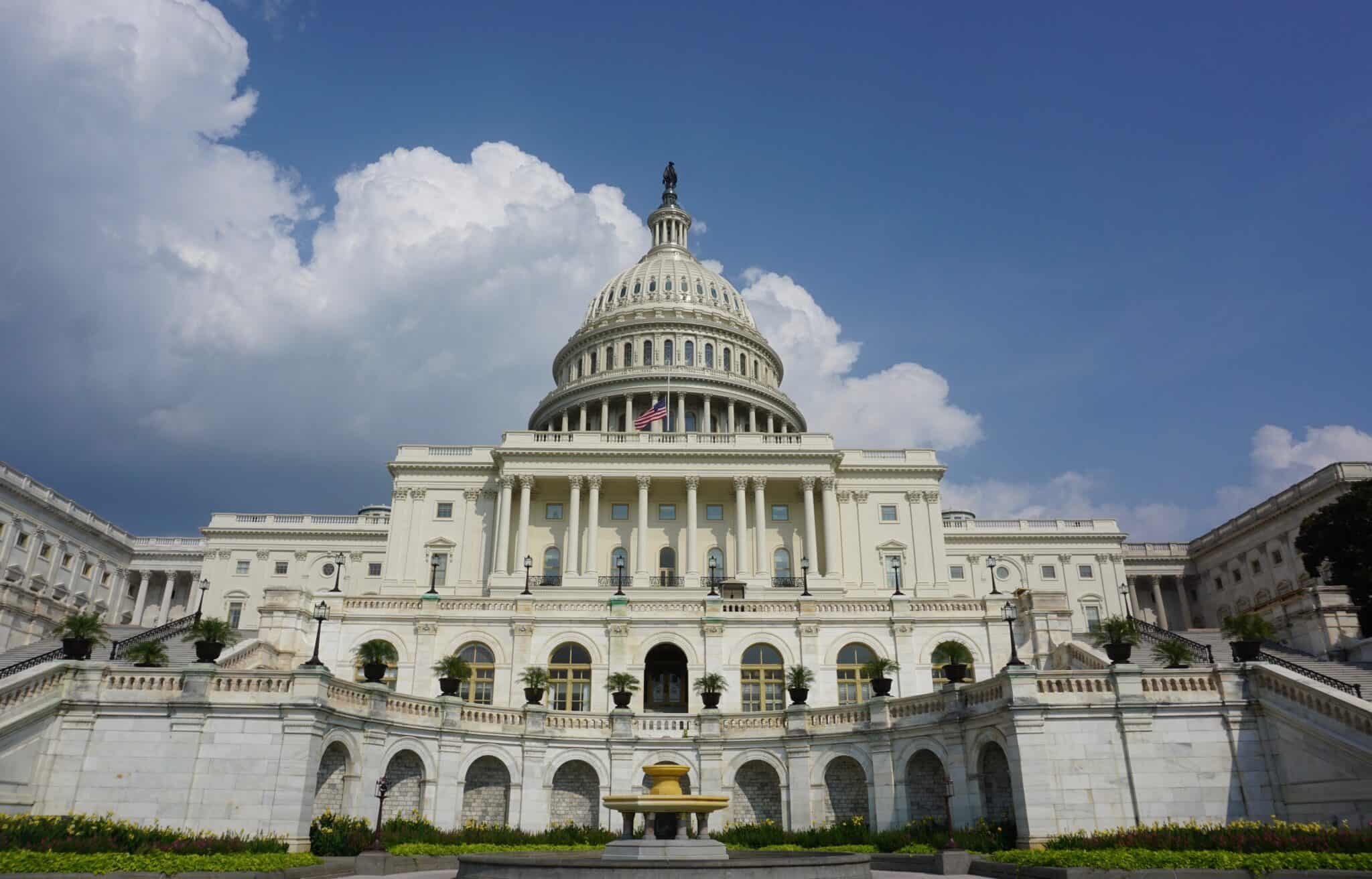
Jason Vazquez is a staff attorney at the International Brotherhood of Teamsters. He graduated from Harvard Law School in 2023. His writing on this blog reflects his personal views and should not be attributed to the Teamsters.
In the latest on Democrats’ ongoing machinations to maneuver their “big, bold” budget blueprint through the legislative labyrinth, President Biden and congressional leaders are reportedly approaching consensus on the contours of the package, discarding several of its more transformative and redistributive aspects in the process.
In a meeting on Tuesday, Biden disclosed to members of the House Progressive Caucus that his proposal to provide free community college and extend the expanded child tax credit would likely be stripped from the final bill, an attempt to cabin its soaring cost so as to assuage the anxieties of centrist lawmakers in the Democratic caucus.
Even so, Rep. Pramila Jayapal (D-WA), chair of the Progressive Caucus, emerged from the meeting expressing optimism about “getting to an agreement on a really transformational bill that will fundamentally lift people up.”
As hospitals in New York rapidly consolidate — reflecting a broader national trend — a small network of private medical systems has increasingly come to dominate the state’s healthcare sector. These conglomerates exploit their market power to raise prices and drive up healthcare costs. Several major unions, collectively representing hundreds of thousands of New York’s medical workers, recently established a coalition to lobby for legislative action to hamper the consolidations and curtail the predatory pricing they enable. “We’re launching this campaign because the days of our members being held hostage here in New York by predatory hospital pricing is coming to an end,” asserted SEIU 32BJ’s president.
Labor unions have intensified their organizing operations in the South in recent months, seeking to leverage the purported nationwide labor shortage to secure a foothold in a historically antilabor region. In Tennessee, trade groups have responded by attempting to enshrine the state’s “right-to-work” law into the constitution. The legislature approved an amendment to do so in April, which will be submitted to voters as a referendum in November 2021.
Leaders of the push insist that allowing workers to refuse to financially contribute to the union that represents them has “been one of the most important factors” driving the “economic growth of Tennessee.” This overlooks the inconvenient reality that the state’s wages — consistent with the general trend in right-to-work jurisdictions — remain substantially below national averages.
In organizing news, thousands of professors and faculty at the University of Pittsburgh overwhelming voted to unionize with USW, the culmination of years of sustained organizing efforts. The sweeping triumph may presage an organizing surge at the university; as I detailed four weeks ago, university staff — that is, employees other than faculty or grad students — recently initiated a union drive at all five campuses in the Pitt network.






Daily News & Commentary
Start your day with our roundup of the latest labor developments. See all
January 29
Texas pauses H-1B hiring; NLRB General Counsel announces new procedures and priorities; Fourth Circuit rejects a teacher's challenge to pronoun policies.
January 28
Over 15,000 New York City nurses continue to strike with support from Mayor Mamdani; a judge grants a preliminary injunction that prevents DHS from ending family reunification parole programs for thousands of family members of U.S. citizens and green-card holders; and decisions in SDNY address whether employees may receive accommodations for telework due to potential exposure to COVID-19 when essential functions cannot be completed at home.
January 27
NYC's new delivery-app tipping law takes effect; 31,000 Kaiser Permanente nurses and healthcare workers go on strike; the NJ Appellate Division revives Atlantic City casino workers’ lawsuit challenging the state’s casino smoking exemption.
January 26
Unions mourn Alex Pretti, EEOC concentrates power, courts decide reach of EFAA.
January 25
Uber and Lyft face class actions against “women preference” matching, Virginia home healthcare workers push for a collective bargaining bill, and the NLRB launches a new intake protocol.
January 22
Hyundai’s labor union warns against the introduction of humanoid robots; Oregon and California trades unions take different paths to advocate for union jobs.